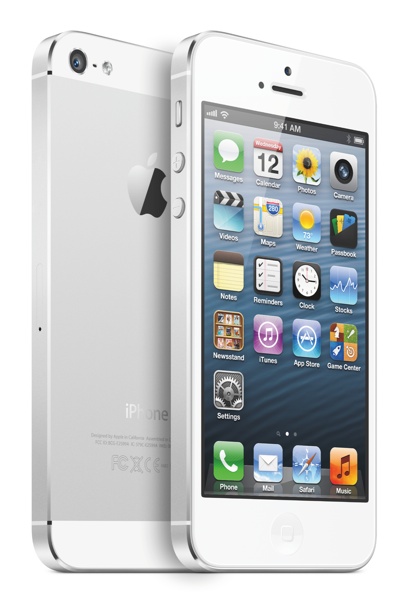Lifestyle-focused consumers are increasingly seeking products personalized to their individual preferences rather than those corresponding to traditional demographic stereotypes, according to research and consulting firm GlobalData (www.globaldata.com).
The company’s latest report states that many consumers, particularly younger ones, are moving away from traditional categorizations and labels, such as age and gender, which have conventionally been used to segment consumers. GlobalData’s 2016 consumer research found that 66% of consumers globally are most likely to purchase products developed for their particular lifestyle, a figure ranking above the percentage of those most swayed by demographic alignment.
“In today’s individualistic society, there is a growing desire for products which can better align with consumers based on their individual preferences and personality in order to effectively express themselves, as well as meeting the needs of a specific lifestyle they are trying to lead,” said Jamie Mills, consumer analyst for GlobalData.
The variety of lifestyles consumers seek to lead or aspire to creates a wide range of opportunities for brands. Similarly, consumers may follow multiple lifestyles and wear different “hats” depending on the occasion or their mood. Some examples include preferences based upon location, personality, activity levels, and frequency of socializing.
“Within personal care, for example, targeted offerings which can align with specific exercise patterns can appeal to the increasingly active lifestyles of many consumers,” said Mills. “This particularly resonates with 25-34 year olds who are most likely to find personal care products designed for a specific activity, hobby, or sport appealing, according to GlobalData’s research.”


